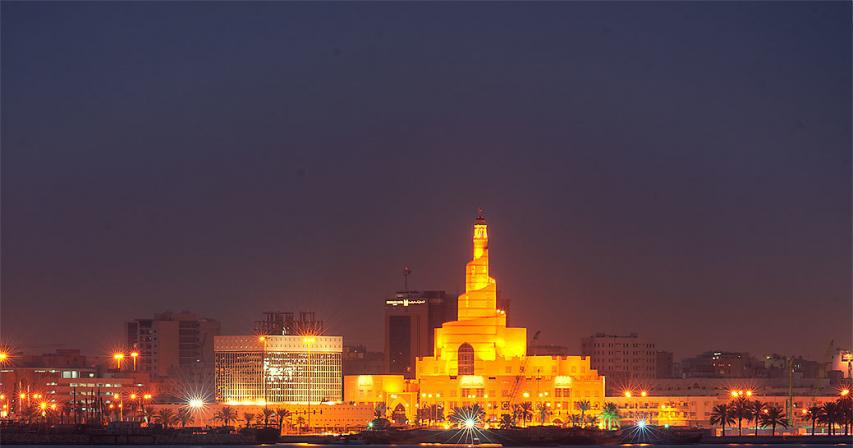Qatar banks are merging because of the pandemic
- 3 years ago

Qatar is on the brink of being saturated in the banking markets, and so it might be seeing more consolidation due to low profitability of banks triggered by the COVID-19 pandemic. It is especially the weaker franchises and those with limited pricing power that are struggling, according to Global Ratings Agency, Fitch.
In addition to this, they are also consolidating to create better-capitalized institutions and improve competitive advantages to support the Qatar National Vision 2030.
Al Khaliji Bank and Masraf Al Rayan Bank recently agreed on merging. The merging of these two banks will create Qatar’s largest Shariah-compliant bank by total assets worth QAR 172bn. This will happen after Al Rayan Bank absorbs Al Khaliji’s business.
The merge between these two banks will be the second to happen in Qatar between an Islamic bank and a conventional bank, after the trendsetting merge between Islamic Bank Dukhan and International Bank of Qatar (IBQ) in April 2019.
Al Rayan will issue 0.50 Al Rayan shares for every Al Khaliji share, corresponding to a total of 1,800 million new shares issued to Al Khaliji shareholders, as both banks are currently publicly traded and listed on the Qatar Stock Exchange.
By Qatari banks merging, cost synergies will surface which will help alleviate the pressure on the profitability from low-profit margins and higher loan impairment charges caused by the pandemic.
Dukhan’s cost-to-income ratio decreased to 32% from 38% in 2018 after the bank realised 90% of its planned cost synergies from its merger. Masraf Al Rayan’s merger should result in a cost-to-income ratio of about 20%, comparing well with peers.
Mergers can also increase banks’ asset quality risks from collateral valuations, changes in loan classification policies and building provisions against purchased credit-impaired assets.
Dukhan’s Stage 2 financing ratio increased to 19% from 14%, largely due to the reclassification of some of IBQ’s loans that had been recorded as Stage 1 at the time of the merger.
Comments